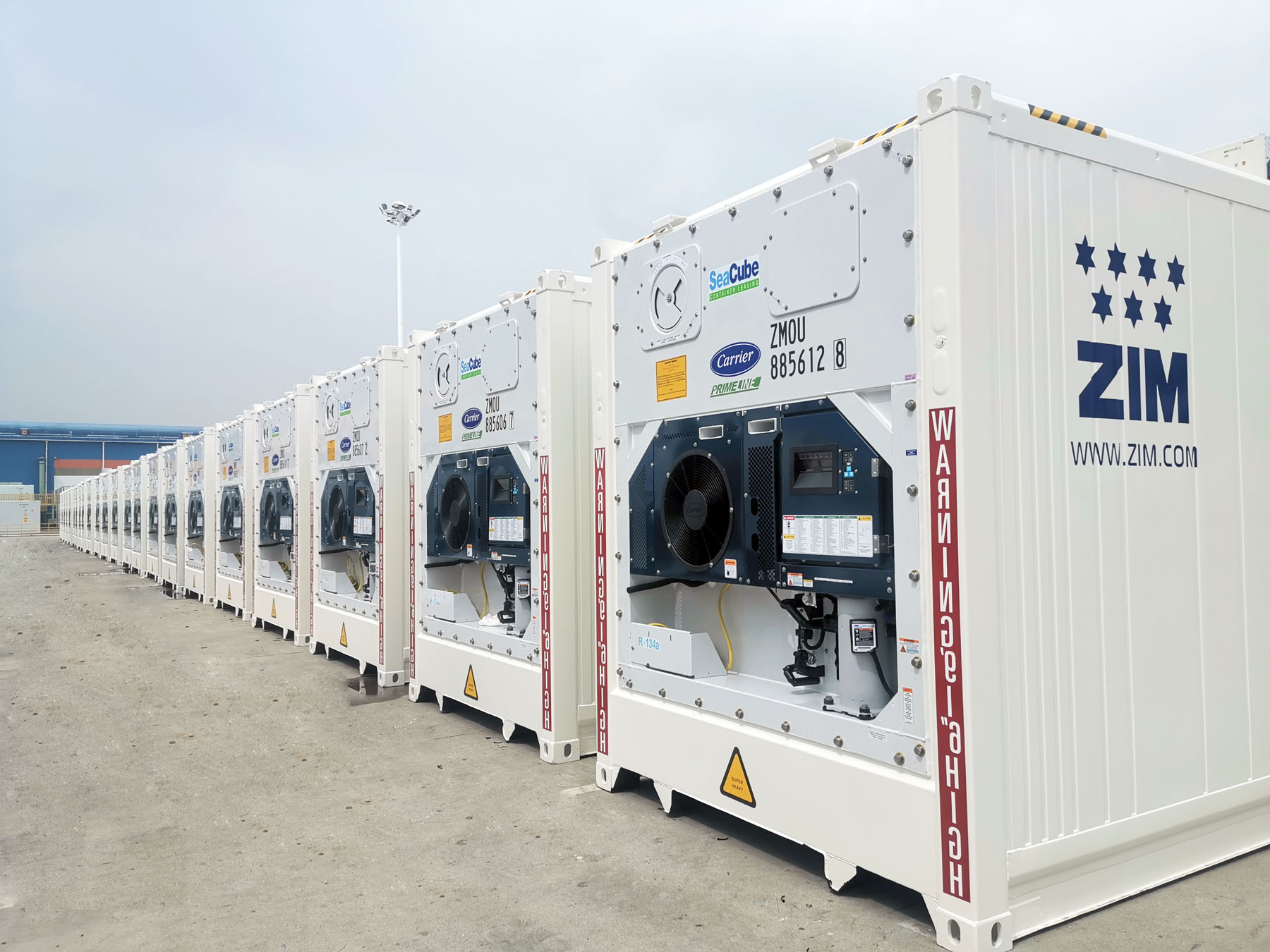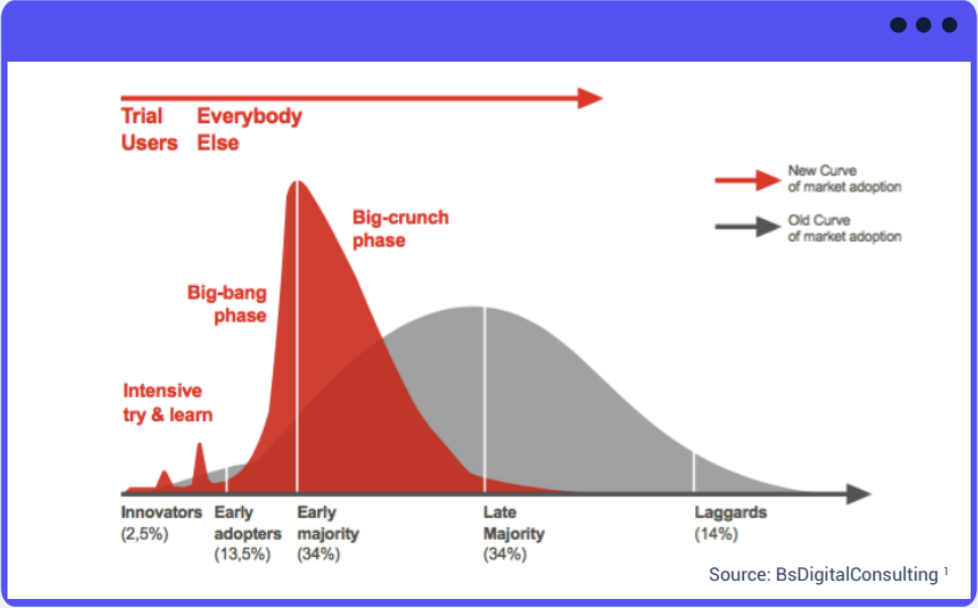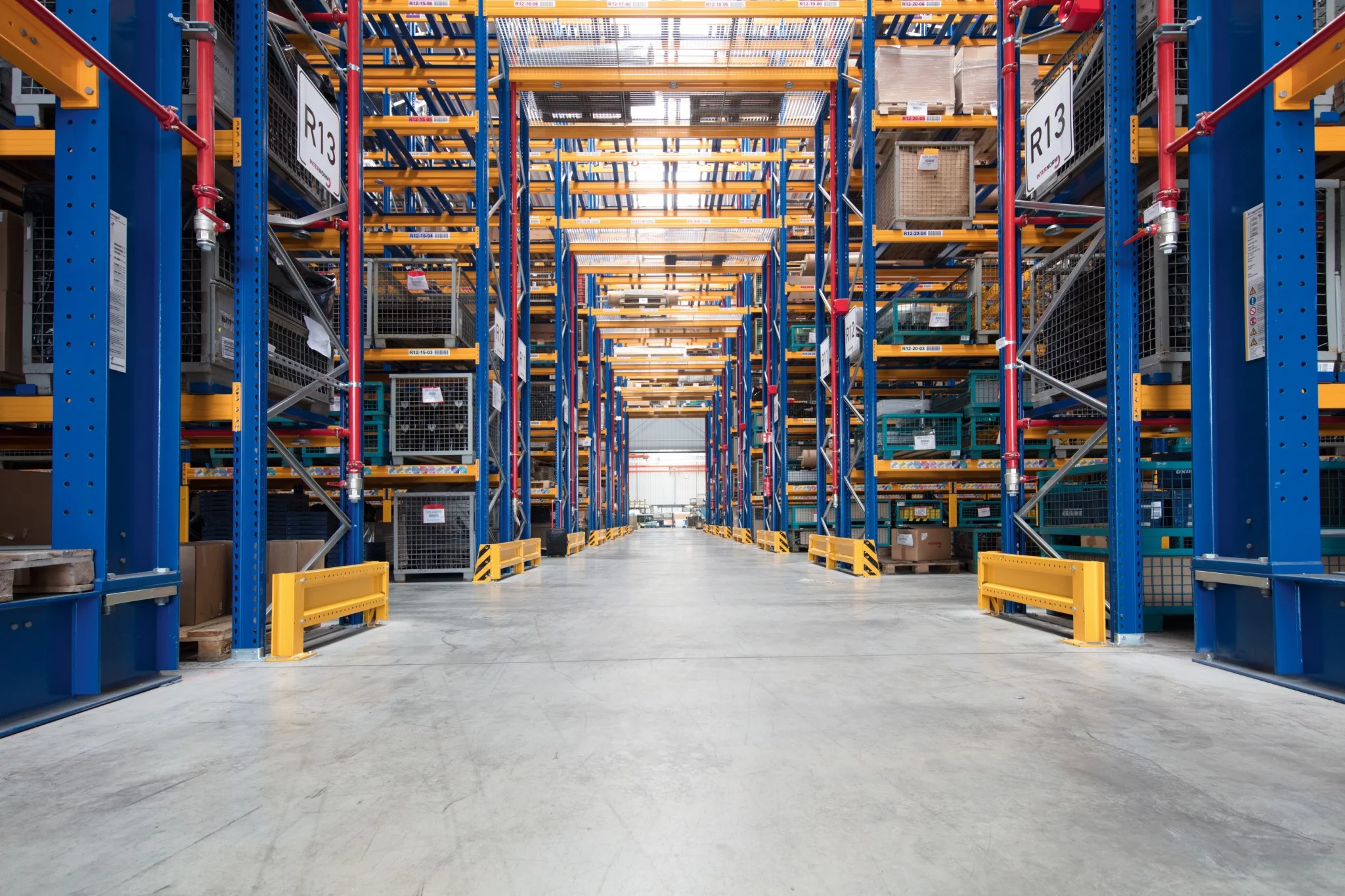One of France’s largest food retailers has said goodbye to the wooden pallet in its logistics operations. The logistics company of France’s fifth largest food retail group has said goodbye to the wooden pallet and is now building up its own inventory of plastic pallets. For the internal flow of goods between its 29 warehouses and 1,600 supermarkets in the chain, the freight forwarder has purchased 330,000 Craemer CS1 plastic pallets.
The first pallets were delivered in 2018, and the entire order volume is expected to be in use by summer 2020. The company switched from wood to plastic mainly in order to improve working conditions for warehouse employees as well as to meet the requirements of increasing automation and a policy of sustainability. The logistics company employs 5,000 people and has 1,800 lorries that deliver 700 million package units annually. The freight forwarder uses the plastic pallets exclusively for palletising and transporting mixed picked items (heterogeneous pallets) to meet the supply needs of its supermarkets directly from its own warehouses.
Bye Bye Wood
“The top deck of the CS1 is mostly closed, making the pallet ideal for bagged goods, cardboard boxes and other packaging units,” says Cyril Wahl, Sales Director at Craemer France Sarl. “And the pallet is equipped with three metal reinforcements, which allows it to carry up to 1,000 kilograms (2,200 pounds) in a high rack. Because the freight forwarder has equipped its lorry trailers with pallet racks, we provided this customer with a CS1 that has special, non-slip runners. This solution ensures that the pallets do not slip on the smooth and narrow shelf support beams when the lorry is moving.”
According to a company spokesperson, the logistics company is pursuing several goals in switching to plastic. “On the one hand, in the future it will be important for us to use only load carriers that work with the automation technology we recently introduced into the company’s warehouses. Deformed wooden pallets threaten to block the mechanical conveyor belts. Having our own inventory of plastic pallets makes us less dependent on wooden pallets and also ensures a seamless flow of goods along the supply chain.
On the other hand, it is important to us to improve the working conditions of warehouse employees and in that way to meet the goals of our corporate social responsibility. Part of that is eliminating
the risk of injury from wood splinters and easing the workload. The CS1 plastic pallet only weighs 17 kg (37.5 lb), meaning it is much easier to handle than the 23-kg (50.7-lb) wooden pallet.”
Read the whole story here





